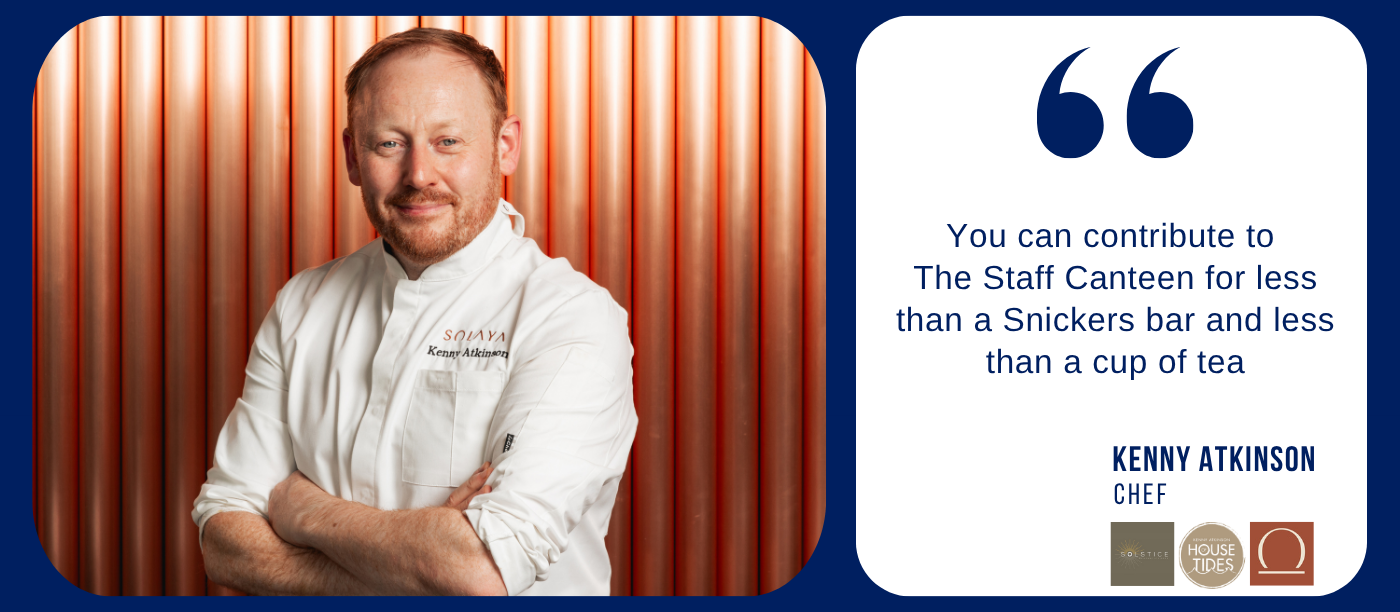the clock is ticking. It won’t be surprising to see more companies set up their own direct sourcing programmes. Proving that the schemes are “fair” without the backing of a Rainforest Alliance or Fairtrade is the challenge.
6 Meat remains the elephant in the room
The evidence for reducing meat consumption to make diets more sustainable is compelling, yet there remains at best confusion and at worst ambivalence about how to translate this into the foodservice environment. Sure, some high-end restaurants like London’s Grain Store are putting plants at the centre of the meal, but short of Ikea’s vegan meatball there’s little indication that mainstream businesses are actively engaging with the meat issue.
It’s hard to see this changing while the UK government persists in promoting livestock as a key growth industry, but as the evidence of meat’s environmental impact continues to grow the pressure from civil society to tackle the consumption conundrum will only heighten.
7 Supply chain complacency is not worth the risk
The horse-meat scandal brutally exposed a lack of oversight of supply chain networks and ushered in a new focus by businesses on understanding where their vulnerabilities lie. That task could be about to get a lot tougher as continued political instability in key oil-producing nations, coupled with volatile supply of crops such as olive oil, cocoa and grapes – the latter threatening a Prosecco shortage – are set to send commodity prices oscillating wildly over the coming 12 months.
Not only will this affect input costs, it will also heighten the risk of fraud in commodities that are suddenly attracting a far higher premium than before. With consumers demanding nothing less than full traceability and transparency in this post-horsegate world, businesses require complete oversight of every nook and cranny of their supply chain network.
8 ‘Small’ government just got smaller
If you think cuts to government spending have been brutal to date you ain’t seen nothing yet. With 30% savings to find over the next four years DEFRA will move ever closer to becoming a mere firefighting department responding on the hoof to issues such as floods and bovine TB, putting the onus on local authorities, civil society and, in particular, industry to step in and fill the policy void. The National Farmers Union is already the driving force behind a 25-year food and farming plan, while pressure on businesses to take voluntary steps to reverse the tide of obesity is certain to ramp up.
9 What next for celebrity chefs? 
In 2008, Hugh Fearnley-Whittingstall and Jamie Oliver teamed up for the Chicken Out campaign. The programmes have certainly boosted the appeal of free-range poultry but seven years on and with a horse-meat scandal to help things along, the lion’s share of chicken sold is still not free-range (6% is free- range or organic).
But that was only the warm-up – Hugh’s Fish Fight brought change at an EU level in relation to sustainable fishing, for example, while his latest battle – with food waste – has captured the zeitgeist. Jamie is busy with sugar, of course. But what’s next? Animal welfare may well come back on the radar, but the living wage (the “true” one rather than the government’s April 2016 rise) is something that foodservice is steering well clear of. It’ll be a brave man or woman who fronts that campaign, but how long can it be ignored?
10 Marketing madness
More and more customers expect the retail and foodservice sectors to treat suppliers and staff fairly, waste as little as possible, offer healthier options, cut their emissions and so on. This has left a marketing void which the “Mad Men” are finding hard to fill: largely gone are the big campaigns to highlight fair trade or recycled packaging. To make any noise it requires industry- leading initiatives – Tesco’s waste audit and Sodexo’s sustainable diets to name two (there aren’t that many). These force the whole sector to stop and think and put the emphasis on the company to bring solutions rather than on the customer to make the right choices.















